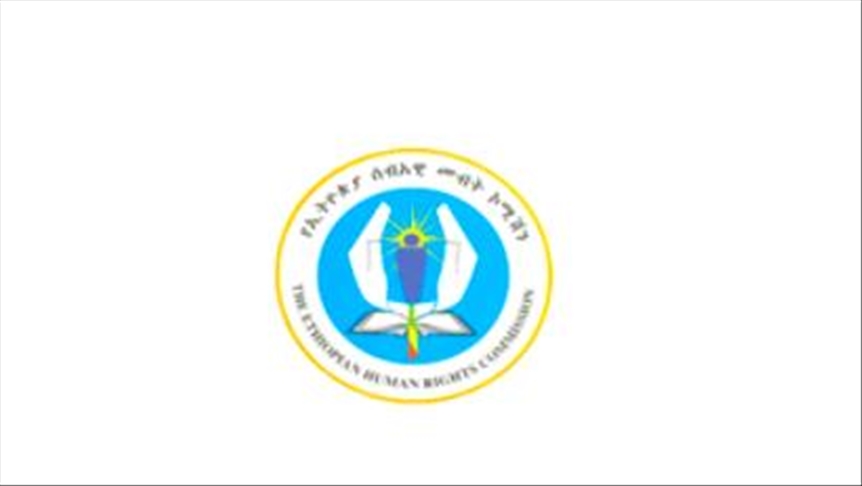Ethiopia: Human rights abuses after singer’s killing
Killing of Hatchalu Hundessa triggered widespread violence

ADDIS ABABA, Ethiopia
The Ethiopian Human Rights Commission (EHRC) said Friday it found crimes against humanity were committed by individuals and groups who participated in violence and the security crisis in the Oromia Region following the death of musician Hachalu Hundessa.
"EHRC visited over 40 different localities in the Oromia Region over the course of several days as part of its investigation into human rights abuses committed there between June 29 - July 2, 2020," according to the rights group. "In the 59 page report, the findings state that attackers moving in groups used axes, knives, machetes, sticks and other weapons to kill and injure civilians in gruesome ways that involved beheadings and torture."
"Altogether, 123 people died and more than 500 were injured in the carnage that also displaced thousands from their homes," it said.
The findings showed that the attacks met the elements of a crime against humanity with large numbers of people, organized in groups, having selected their victims based on their ethnicity or religion when conducting a widespread and systematic attack in several different, it added.
"While it is understandable that security forces had the challenging task of restoring order in the face of such widespread violence, the proportionality of the force employed in some contexts is highly questionable.
"In some instances, security forces employed disproportionate force in their attempt to restore order amidst widespread violence and as a result, passersby, bystanders, young people, elderly people stepping in to mediate, and even police officers lost their lives from gunshot wounds despite having no participation in the unrest," it noted.




